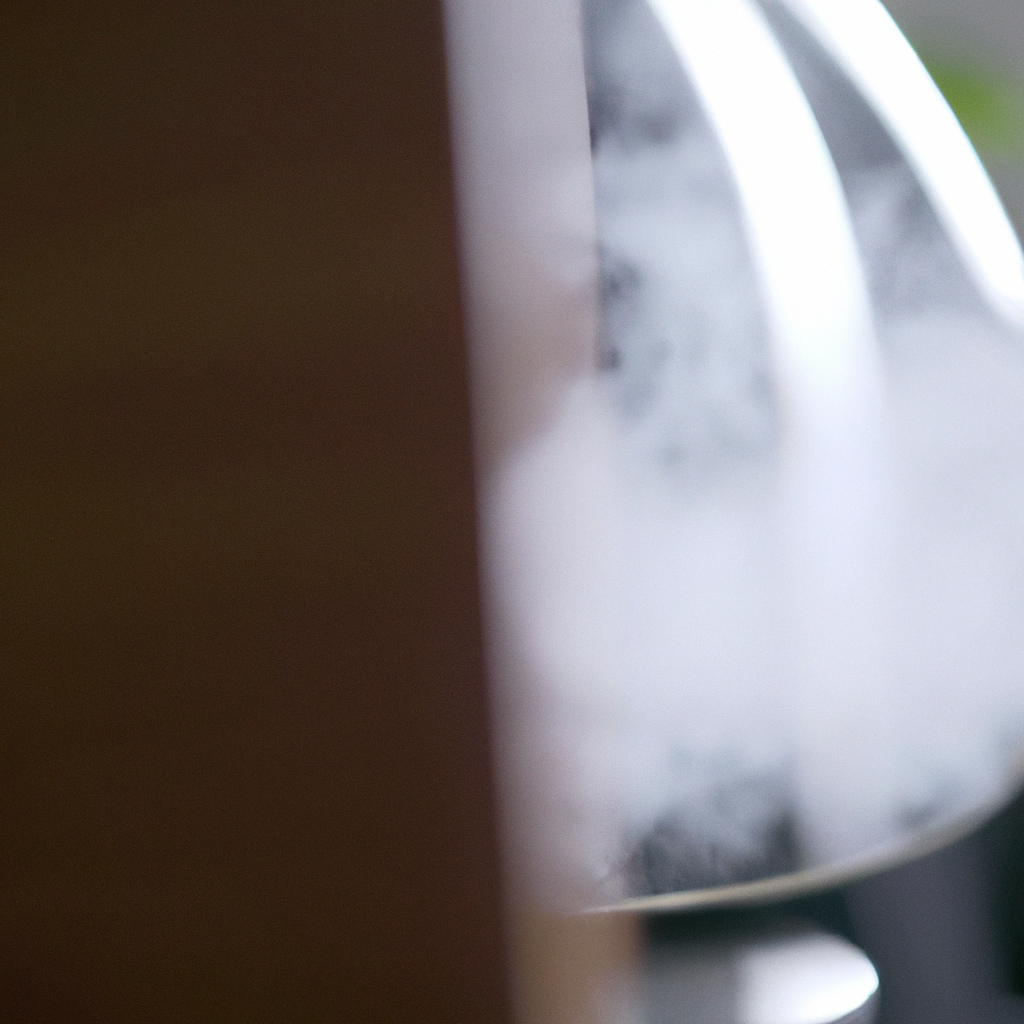Humidifiers are home appliances that help improve air quality by adding moisture to the indoor air. These devices work by releasing water vapor into the air, increasing humidity levels in the room. Humidifiers are beneficial in areas with low humidity levels, particularly during the winter season when the air tends to be dry due to heating systems.
This article aims to provide a comprehensive answer to the question, “How does a humidifier work?” We will explore the different types of humidifiers, their health benefits, and how to maintain them.
Types of Humidifiers
There are several types of humidifiers, each with its unique mechanism for adding moisture to the air. The most common types of humidifiers include:
1. Evaporative Humidifiers: These humidifiers use a wick filter that absorbs water from a reservoir and releases it into the air through a fan. As the fan blows, the water evaporates, increasing the humidity levels in the room.
2. Ultrasonic Humidifiers: Ultrasonic humidifiers use high-frequency vibrations to produce a fine mist that is released into the air. These humidifiers do not require a fan, and they are relatively quiet.
3. Vaporizer Humidifiers: Vaporizer humidifiers use heat to boil water, producing steam that is released into the air. These humidifiers are effective in humidifying large rooms, but they can pose a burn risk due to the hot water.
4. Impeller Humidifiers: Impeller humidifiers use a rotating disk that throws water at a diffuser, producing a mist that is released into the air. These humidifiers are ideal for small rooms and are relatively quiet.
Health Benefits of Humidifiers
Humidifiers offer several health benefits, particularly for individuals prone to respiratory problems. Here are some of the health benefits of using humidifiers:
1. Relieves Dry Skin: Humidifiers add moisture to the air, which can help prevent dry skin, particularly during the winter season.
2. Reduces Allergies: Humidifiers can help reduce allergy symptoms by preventing dry nasal passages, which can trigger allergies.
3. Relieves Congestion: Humidifiers can help relieve congestion by keeping the air moist, which can help loosen mucus and ease breathing.
4. Prevents Dry Throat and Coughs: Humidifiers can help prevent dry throat and coughs by keeping the air moist, which can help soothe the throat.
Maintaining a Humidifier
Maintaining a humidifier is essential to ensure it works efficiently and lasts longer. Here are some tips for maintaining a humidifier:
1. Clean the Humidifier Regularly: Humidifiers can harbor bacteria and mold, which can be harmful to your health. Clean the humidifier regularly using a mild detergent and water.
2. Change the Water Daily: Stagnant water can harbor bacteria and mold, leading to respiratory problems. Change the water in the humidifier daily to prevent bacteria and mold growth.
3. Replace Filters Regularly: Evaporative humidifiers use wick filters that absorb water from the reservoir. Replace the filters regularly to ensure the humidifier works efficiently.
4. Use Distilled Water: Tap water contains minerals that can clog the humidifier and reduce its efficiency. Use distilled water to prevent mineral buildup.
Conclusion
Humidifiers are home appliances that help improve air quality by adding moisture to the indoor air. They come in different types, including evaporative, ultrasonic, vaporizer, and impeller humidifiers. Humidifiers offer several health benefits, particularly for individuals prone to respiratory problems. To ensure the humidifier works efficiently and lasts longer, clean it regularly, change the water daily, replace filters, and use distilled water. By following these tips, you can enjoy the health benefits of humidifiers and breathe in fresh and moist air all year round.







